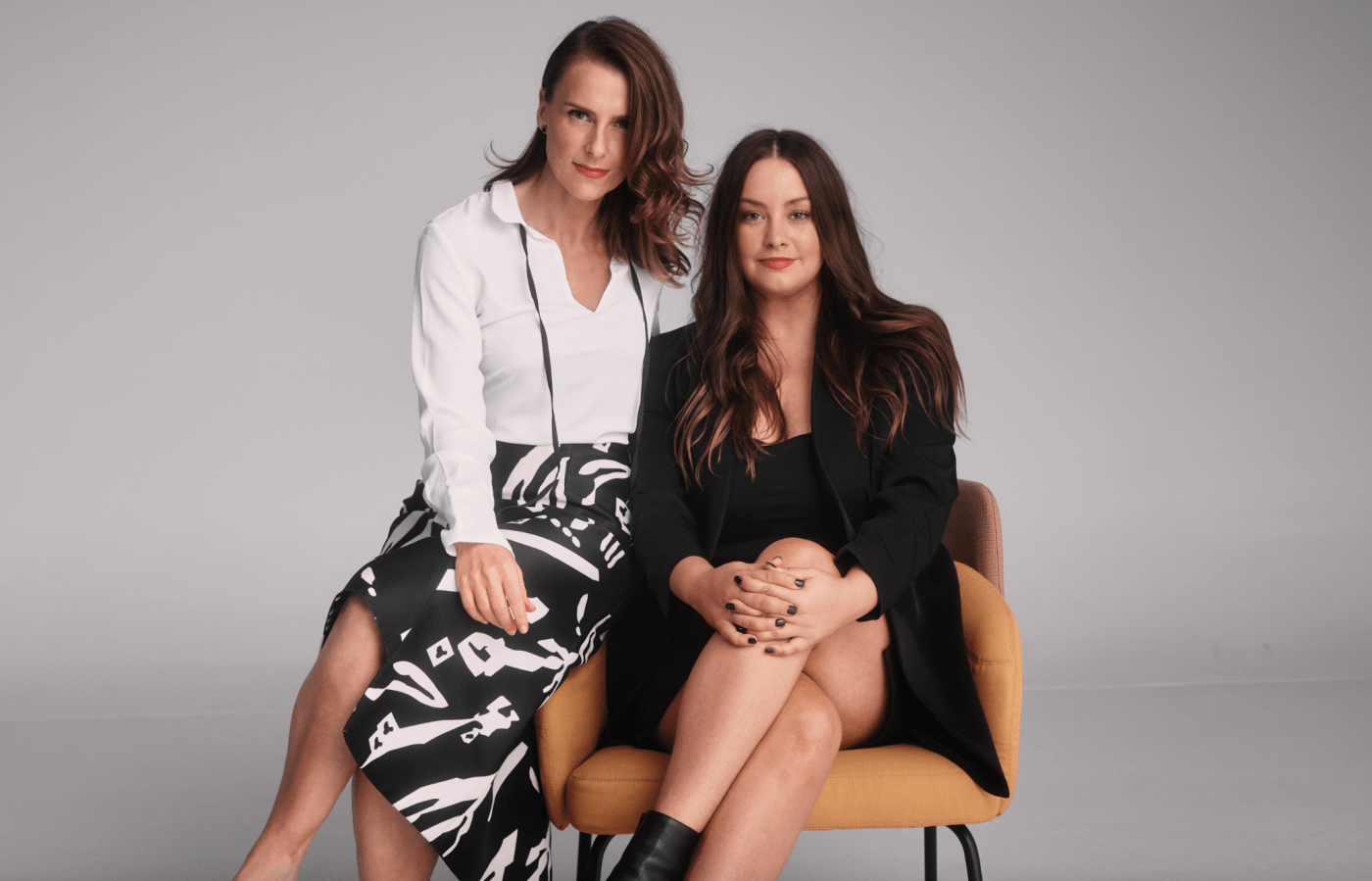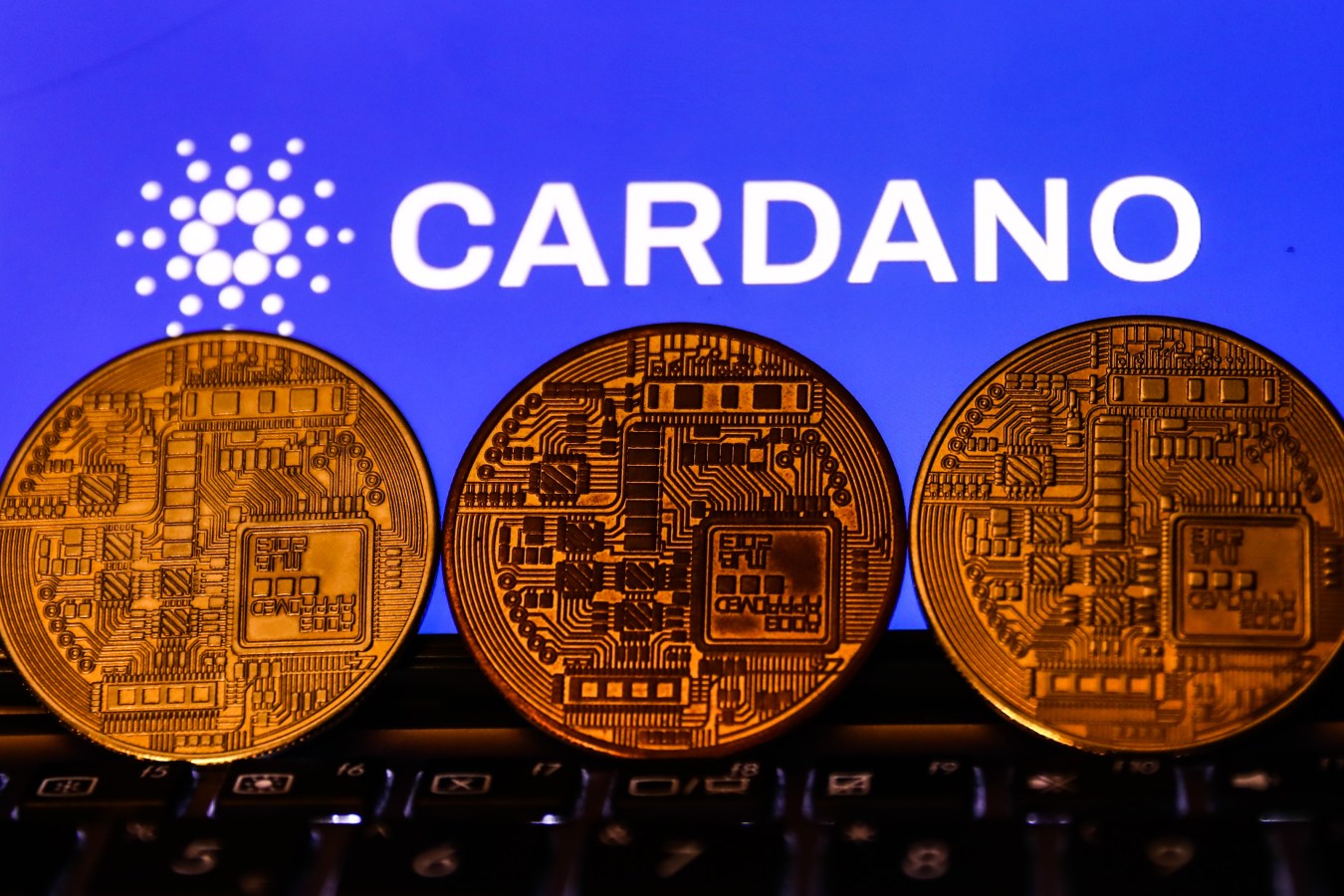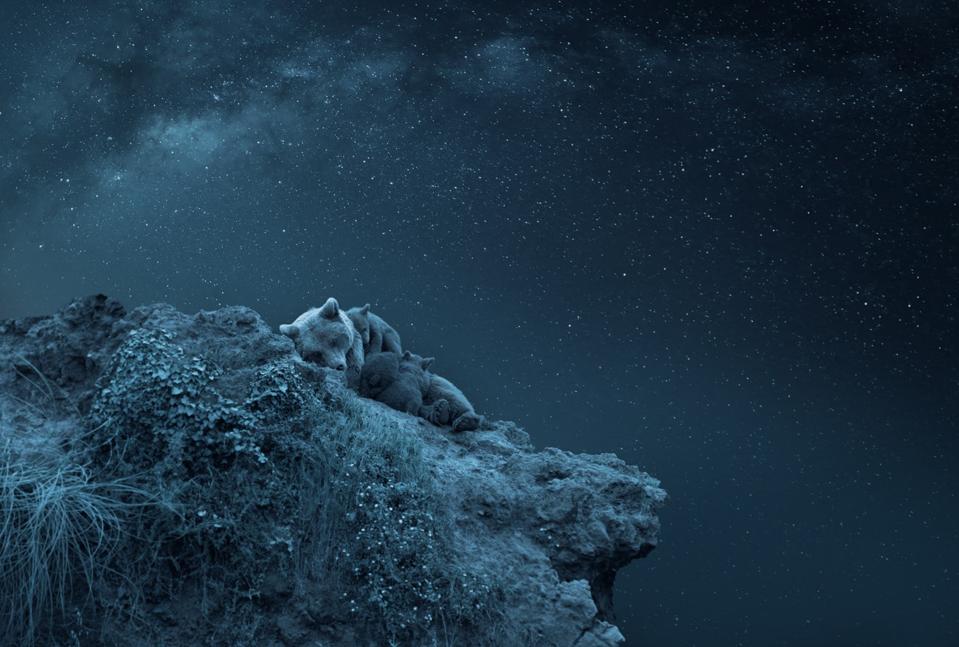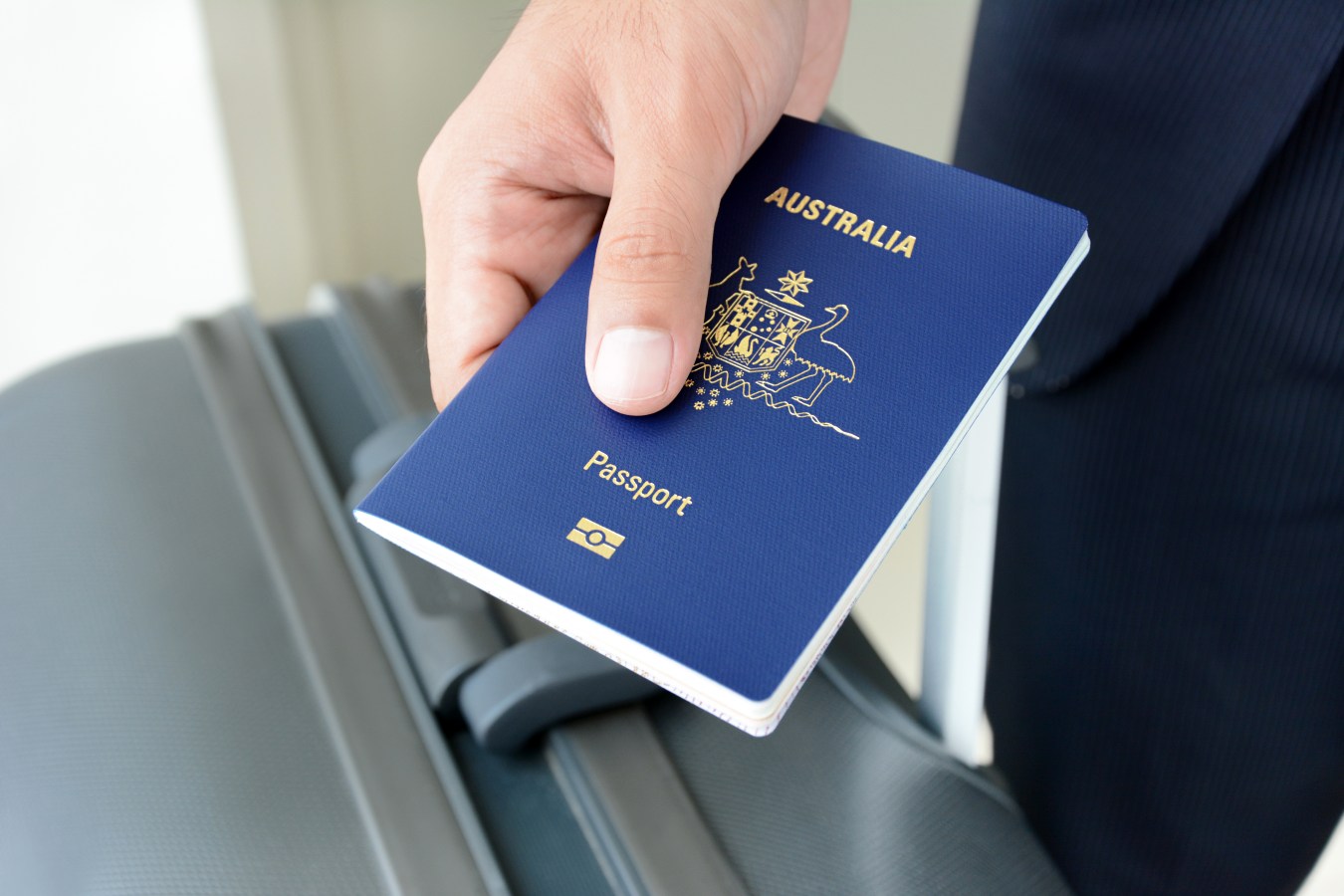The nonfungible token (NFT) market seems to be recovering after a disappointing end to 2022, fueled by the ease of macroeconomic tensions and launches by some of the industry’s largest players, including Yuga Labs, Doodles and Moonbirds.

Dollar value and units sold spiked in January, according to a new report by the decentralised application analytics platform DappRadar. There were 9.2 million transactions in January, up 37% from December and the highest sales count in six months.
Trading volume in dollars also boomed, hitting $946 million, up 38% and the most since the US$1 billion peak in June.
“You’re starting to see some momentum from the macro perspective and a bounceback from things that were so oversold,” says Juan Leon, a research analyst at Bitwise Asset Management. Decreasing inflation and slowing interest-rate increases are benefiting risk assets across the board. . He adds that investors last year recognized “that everything that could have gone wrong in 2022 went wrong.”
Drooping token prices and fear of contagion from FTX failure shrank the market to $683 million in December from $1 billion in June.
Yuga Labs’ latest collection, its Sewer Pass, which serve as keys for the company’s latest blockchain game, made up 34.3% of all NFT transactions for January.
“They were the driving factor behind trading volume in January,” adds Leon.
Doodles’s acquisition of an Emmy-nominated animation studio and Moonbirds’ contract with a Hollywood talent management company also drove confidence in the market. Doodle’s average price went up 1.82% in January and Moonbirds’ 3.43% in January, according to NFT Price Floor.
This year “could mark the red carpet entrance of NFTs to Hollywood,” says Leon.
More from Forbes Australia
Marketplaces aimed at traders are gaining ground on those geared toward collectors. Blur, which seeks to minimize marketplace and creator fees, accounted for 20% of the market for the third straight month.
Blur’s expected launch of a platform token that rewards traders for listing and trading on its service, has also driven up usage.
But this model may not be sustainable. Continued usage of platforms that reward their users with tokens has failed to result in long-term economic activity, says Leon, and also poses the “risk of NFTs being classified as securities,” he adds
The best-performing types of collections so far this year were profile-picture collections, likely because of their liquidity— they don’t spend too much time sitting on the market before other buyers pick them up. Indeed, blue-chip collections weathered the market downturn the best, accounting for all the top 10 NFT sales in January, according to the report. They’ve also been the first to bounce back from the market plunge last year, the Bitwise Blue-Chip NFT collections index showing a 28.6% price increase from December. It is, however, still down nearly 65% from January 2021.
OpenSea remains the largest NFT market place by trading volume, with $495 million in January. DappRadar estimates the platform had approximately $12.3 million in revenue from platform and creator fees.
“OpenSea has been around the longest; people are used to it and so people feel comfortable with it,” says Leon.
Despite the encouraging industry numbers, one marketplace has decided to take a pause in adding new NFT collections. CoinbaseCOIN NFT, which had an underwhelming start, announced it would be pausing new creator drops on its marketplace to “focus on other features and tools that creators have asked for.” Still, the company claimed in a Twitter post: “To be clear: We are not shutting down the Coinbase NFT marketplace.”
Coinbase NFT was not within the top six marketplaces analyzed by DappRadar, and according to Dune Analytics its all-time volume is $7.3 million, a mere 7% of OpenSea’s January numbers.
Ethereum-based NFTs remain the most popular. They held onto the top spot by trading volume in January, holding 36% of the market. PolygonMATIC saw the most growth since the end of last year, a 124% increase to $46 million in NFT trading volume.
Sales count for Polygon NFTs increased by 157% from December, reaching 4.5 million units. This was largely driven by the launch of popular collections like the Donald Trump NFTs, which accounted for $12.1 million in sales since its launch, according to data from CryptoSlam, and NFTs that function as metaverse passes for Animoca Labs’ Mocaverse and The Sandbox.
Polygon’s matic token also had a strong start to 2023, rising 72% to $1.24 since January 1, reflecting at least in part the NFT activity.
This article was first published on forbes.com





